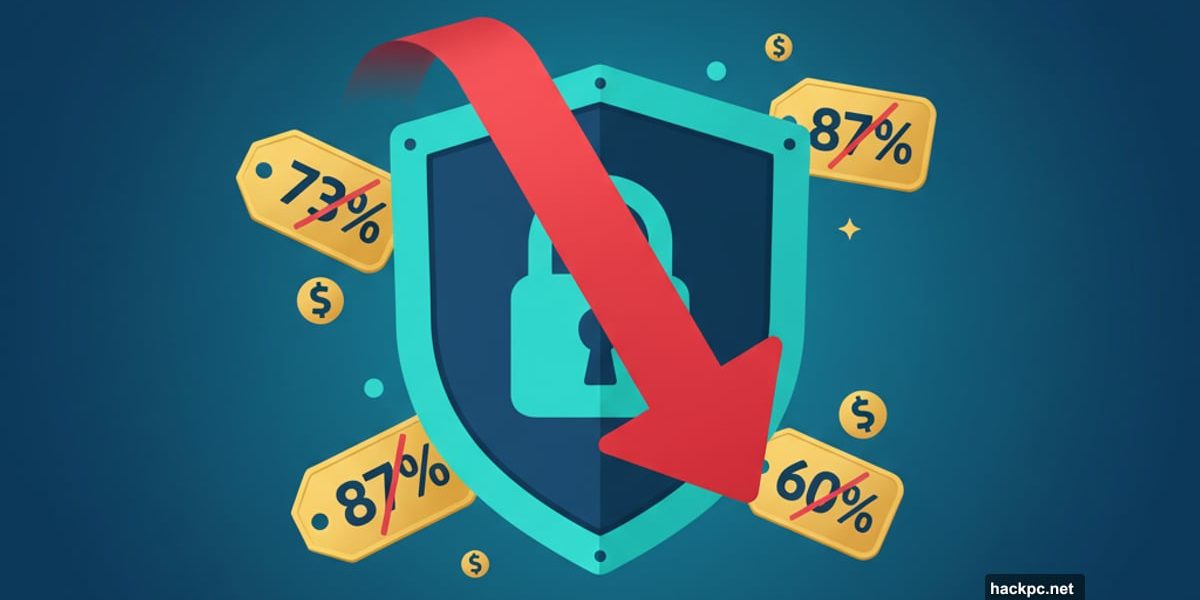
VPN companies keep piling on discounts like candy. But most “deals” just repackage the same old long-term commitment tricks.
Still, some offers genuinely slash costs if you know what to look for. Right now, several top-tier VPN services dropped prices low enough that even skeptics should pay attention. Let’s cut through the marketing noise and find the deals worth your money.
Proton VPN Leads the Pack
Swiss privacy meets serious savings. Proton VPN just cut its two-year plan to $119.76 total, which breaks down to about $5 per month.
Why does this matter? Proton VPN consistently ranks as one of the best services available. It keeps your browsing speeds fast, even when connecting across continents. Plus, it implements full-disk encryption so not even Proton itself can see your traffic.
That level of protection usually costs more. Yet Proton delivers it while also looking great on every device you own. For households juggling phones, tablets and computers, that unified experience makes daily use painless.
NordVPN Packages Keep Expanding
NordVPN split its offerings into tiers this year. The Basic plan costs $80.73 for two years plus three free months. That’s 74 percent off the regular price.
What do you get? Fast connections, solid data protection, and servers that never leak your information. NordVPN also connects quickly and makes finding live support surprisingly easy.
However, the Plus tier adds more value for only $105.03 total. For that extra $25 over two years, you gain powerful ad blocking, malware protection, the NordPass password manager, and dark web monitoring for your personal data. Those extras alone normally cost more than the upgrade fee.
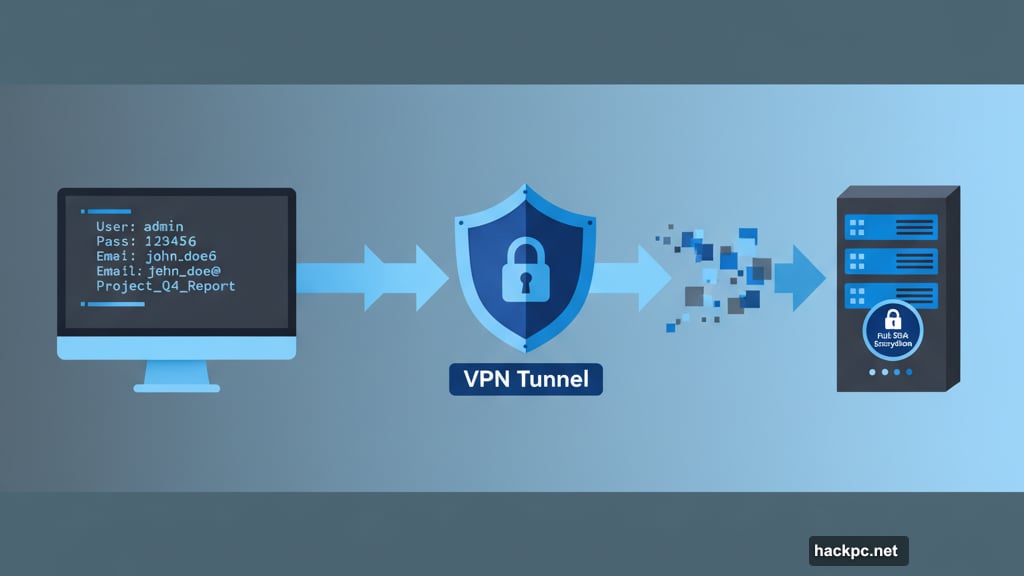
ExpressVPN Finally Discounts Properly
ExpressVPN typically charges premium prices. But right now, it dropped 73 percent off a two-year subscription.
The Basic plan costs $97.72 for 28 months of service. That’s still pricier than competitors. But ExpressVPN earns that cost with consistently excellent performance across all platforms.
In testing, it dropped download speeds by less than 7 percent. Plus, it successfully changed virtual locations 14 out of 15 attempts. For new users especially, its simple apps and clear website make getting started completely painless.
The Advanced tier bumps up to $125.72 but adds 12 simultaneous connections instead of 10. You also get the Keys password manager, enhanced ad blocking, identity protection features, and half off an AirCove router.
Surfshark Offers Maximum Flexibility
Surfshark keeps pushing VPN technology forward. Its Starter plan costs just $53.73 for 27 months, an 87 percent discount.
What makes Surfshark different? It constantly rotates your IP address to help you avoid detection. You can even pick your own entry and exit nodes for double-hop connections. All that advanced protection barely impacts your download speeds.
The One plan adds $5.40 total for built-in antivirus, data breach alerts, and private search. That’s 88 percent off the regular price. However, jumping to One+ for data removal through Incogni raises costs enough that the value drops significantly.
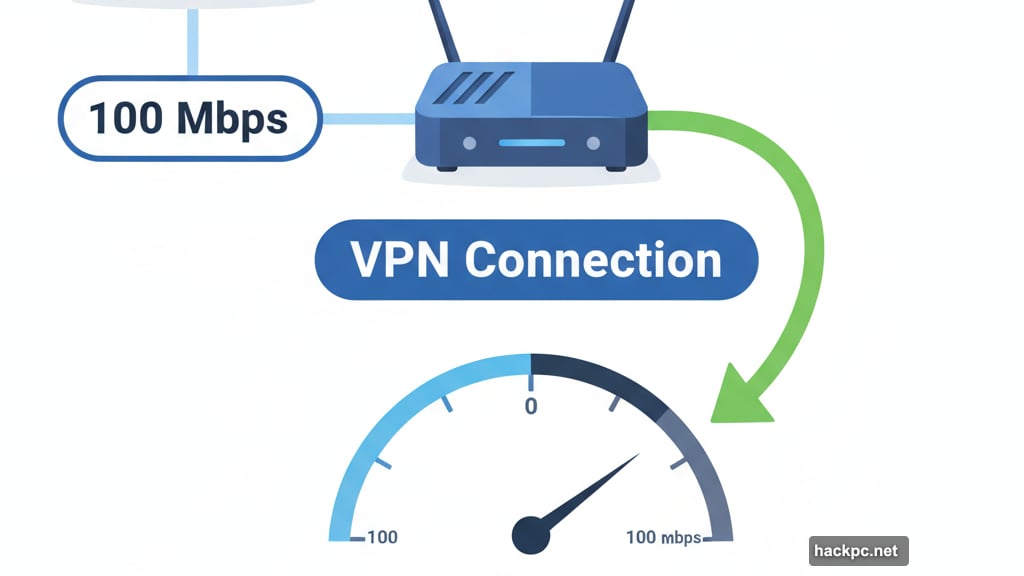
Budget Options Worth Considering
CyberGhost automated VPN connections better than anyone else. Its Smart Rules system lets you decide how the app responds to different Wi-Fi networks automatically. Plus, its streaming-optimized servers consistently unblock foreign content.
Right now, 26 months costs $56.94, which represents 83 percent savings. That’s excellent value for what you receive.
Private Internet Access (PIA) went even cheaper. Finding the deal takes some clicking around their site, but 39 months currently costs just $79 total. That breaks down to roughly $2 per month.
PIA includes its own DNS servers, built-in ad blocking, and automation features that rival CyberGhost. The catch? Internet speeds fluctuate more than premium services. Still, for basic protection at rock-bottom prices, it delivers.
How These Deals Actually Work
VPN providers love selling long-term subscriptions. They boost their subscriber numbers immediately while you pay less per month over time.
The trade-off? You commit upfront to years of service. Plus, renewal prices often jump significantly higher once your initial term ends.
Most companies also add extra months to introductory offers, pushing average monthly costs even lower. But those bonus months disappear at renewal. Worse, you typically can’t even renew for the same time period. A two-year intro deal might only renew for one year at higher prices.
Check the fine print before buying. Calculate what you’ll pay per month after renewal, then decide if that fits your long-term budget. Some “deals” save money initially but cost more over three or four years than paying monthly for a cheaper service.
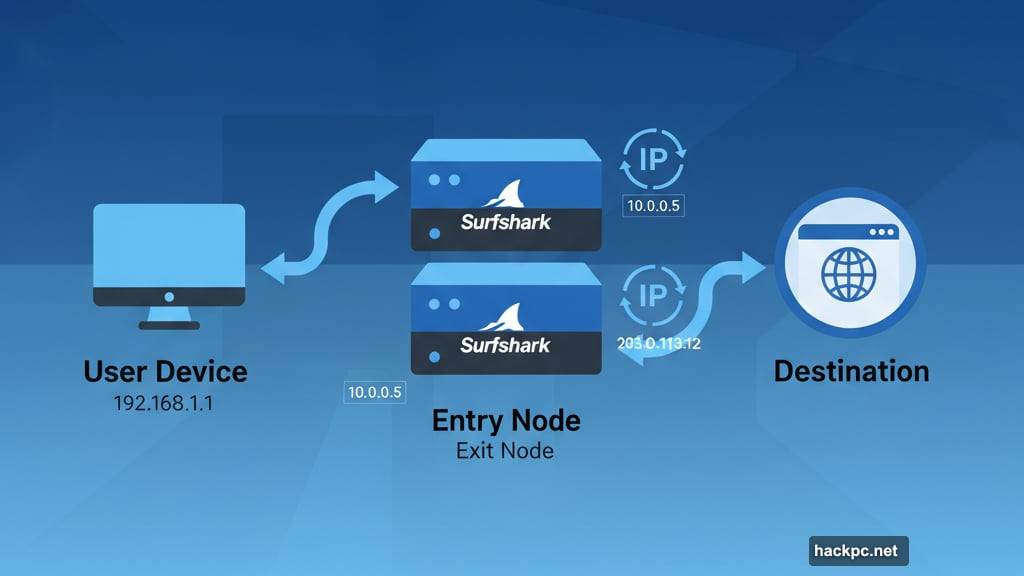
Why Seasonal Timing Matters Less Now
VPN companies constantly run these deep discounts. Black Friday deals barely beat regular prices anymore. Student discounts help if you qualify, but most people pay the same rates year-round.
The only true bargains come from exclusive coupons or special partnerships. However, those rarely drop prices more than 5-10 percent below standard offers.
So waiting for better deals typically wastes time. If you need a VPN now and a service offers 75+ percent off, just grab it. Prices probably won’t drop further.
What Actually Makes These Deals Good
Real VPN deals share three qualities. First, they discount legitimately excellent services, not sketchy providers trying to buy market share. Every VPN listed here performs well in testing.
Second, they reduce long-term costs meaningfully. Saving $3 per month over two years adds up to real money, especially when you’re getting premium protection.
Third, they come from providers with transparent renewal pricing. Nobody likes surprise bills. The best companies clearly state what you’ll pay when your initial term ends.
Avoid deals that hide renewal costs or require contacting support to cancel. Those “savings” often disappear into customer retention schemes designed to keep charging you.
Price drops alone don’t make VPN deals worthwhile. But when top-tier services slash costs significantly and stay upfront about future charges, smart buyers should jump on those opportunities. Right now, several excellent options fit that description.

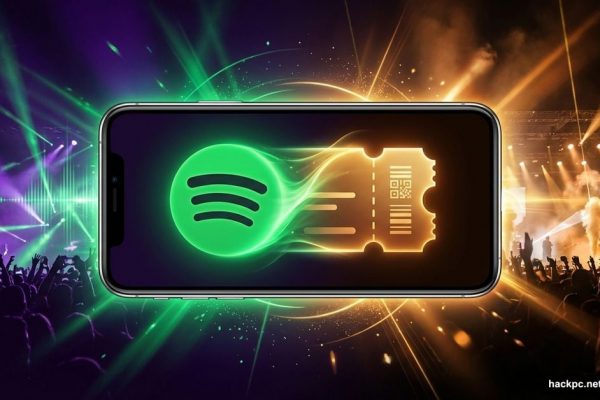
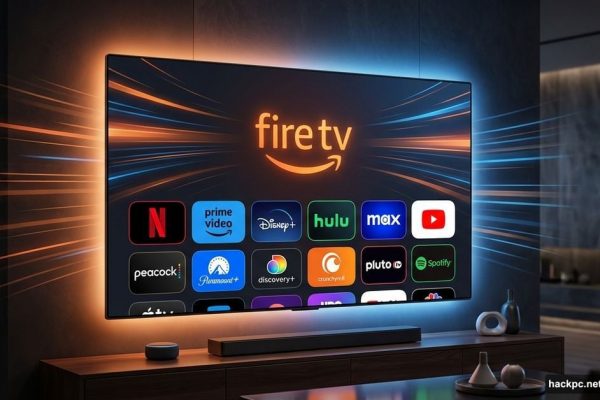
Comments (0)